Are you ready to take your cooking skills to the next level?
Get ready to perfect your pan management, toast spices to enhance their flavor, salt your pasta like a pro, and discover the secret to seasoning that will make your dishes truly shine.
In this article, we’ll delve into the art of cooking and share expert tips and tricks to help you become a culinary master.
So grab your apron, sharpen your knives, and let’s get cooking!
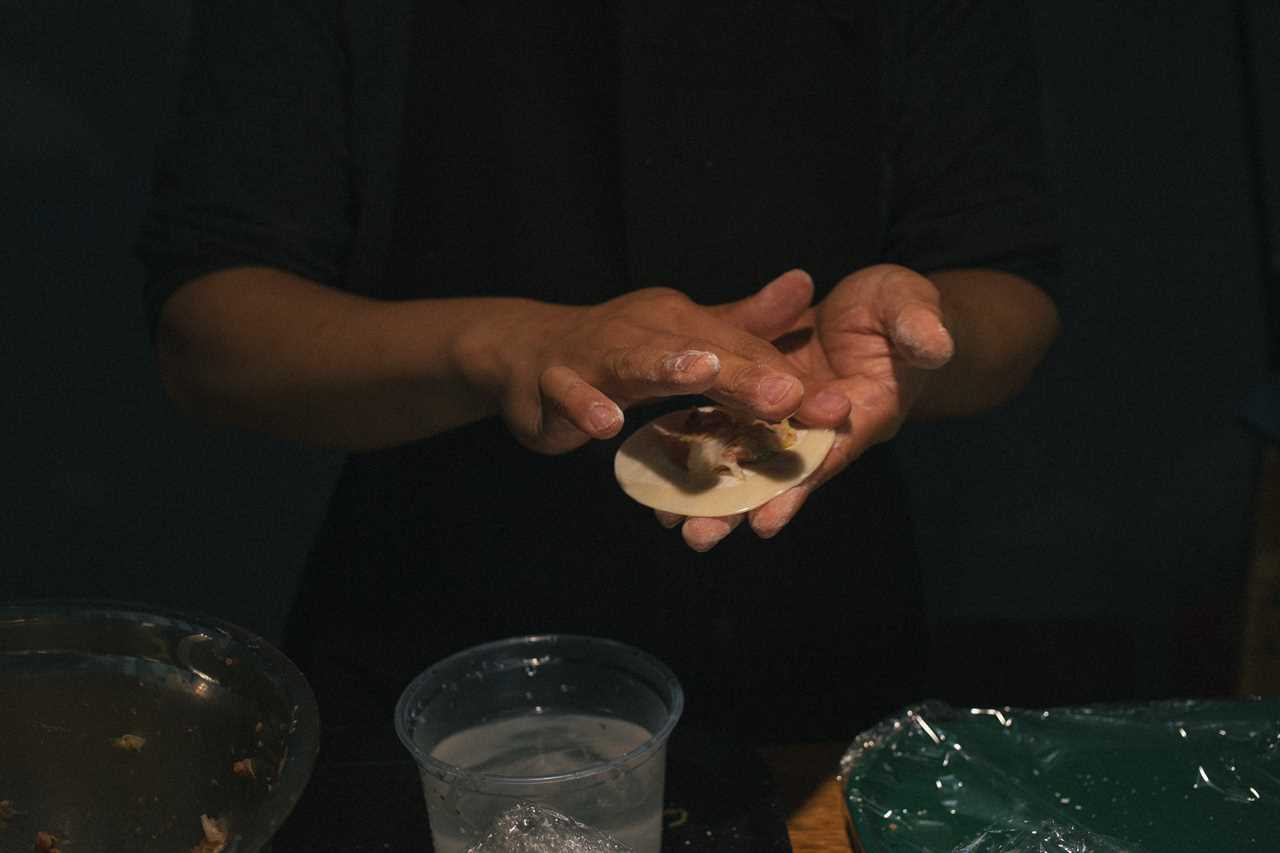
Key Takeaways
- Proper pan management is crucial for even cooking and achieving a golden crust.
- Toasting spices enhances their flavor by activating and intensifying their taste.
- Generously salting pasta water ensures even seasoning throughout every noodle.
- Seasoning involves a delicate balance of flavors, including salt and pepper as the foundation, but also experimenting with other spices and herbs in moderation.
Mastering Pan Management
Don’t overcrowd the pan when mastering pan management, as it prevents even cooking and causes steaming instead of browning.
Achieving even cooking is crucial for creating delicious meals. When you overcrowd the pan, the food releases moisture, creating steam that interferes with the browning process. To prevent this, make sure there is enough space between the ingredients in the pan. This allows the heat to circulate evenly, resulting in a beautiful golden crust and a juicy interior.
Elevating Flavor Through Toasting Spices
Enhance the flavor of your dishes by gently toasting your spices in a pan for 2-3 minutes.
Toasting spices is a technique that activates and intensifies their flavor, giving your food a more robust taste. It’s like unlocking a whole new level of deliciousness!
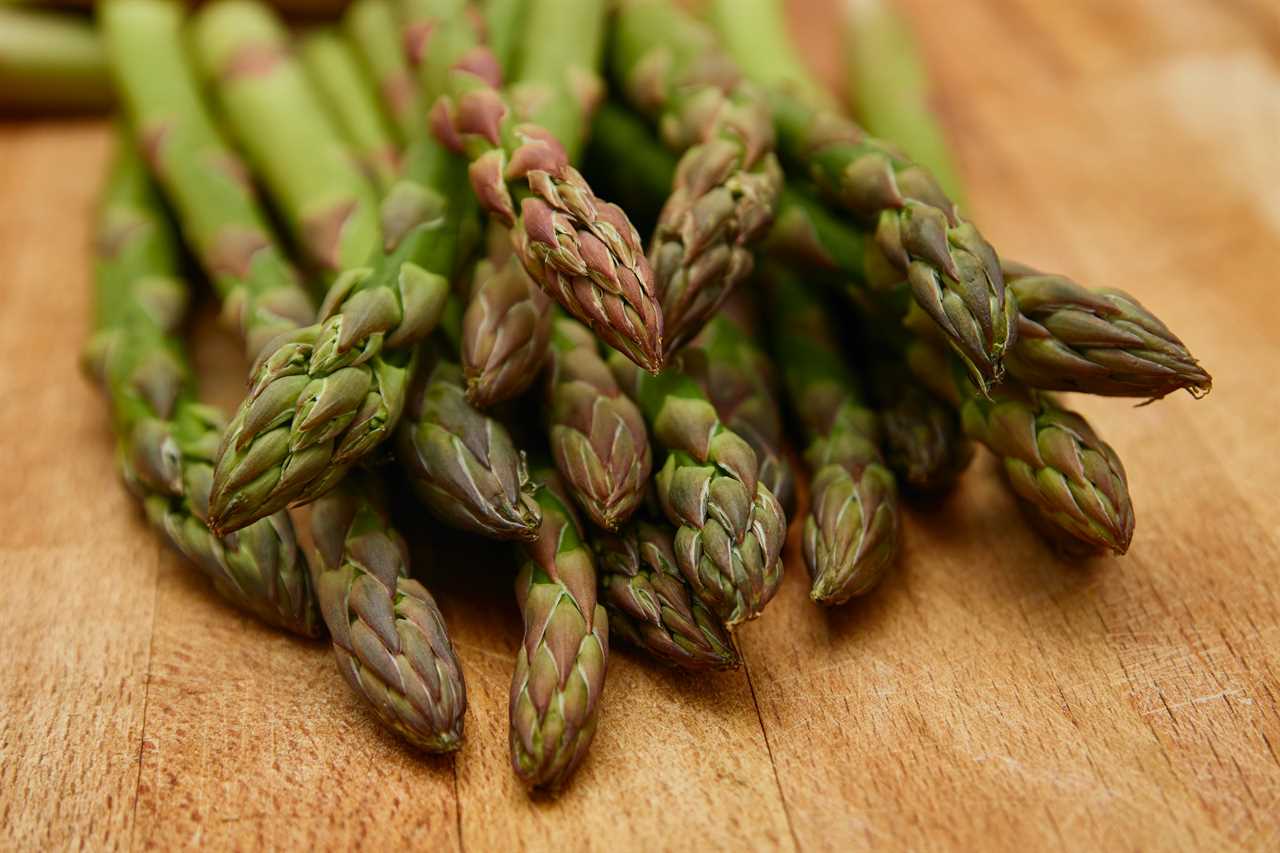
When you toast spices, the heat works its magic by releasing the natural oils and compounds within the spices, enhancing their aroma and taste.
You can experiment with different spice combinations to create unique flavor profiles in your dishes.
The role of heat in spice flavor enhancement cannot be underestimated. So, grab your favorite spices, heat up a pan, and let the toasting begin!
You’ll be amazed at the difference it makes in your culinary creations.

The Art of Salting Pasta
Make sure to generously salt the water when boiling your pasta to ensure even seasoning throughout every noodle.
The science of salting pasta water is a crucial step in achieving a perfectly seasoned dish. When you add salt to the boiling water, the pasta absorbs it, resulting in a more flavorful pasta from the inside out.
It’s important to salt each noodle, inside and out, to ensure that every bite is seasoned to perfection. But don’t go overboard – you want to enhance the flavor, not overpower it.
As you explore different seasoning combinations, remember that salt is just one element. Experiment with herbs, spices, and even flavored oils to create unique and delicious pasta dishes.

The possibilities are endless when it comes to seasoning your pasta, so have fun and let your palate guide you.
Achieving Perfect Sauce Consistency
When thickening sauces, you can achieve the desired consistency by mixing cornflour with boiling water and cooking on low heat until the sauce thickens. This technique, known as a cornflour paste, is a simple and effective way to thicken sauces to the perfect consistency.
Here are some tips to help you master this thickening technique and find the right consistency for your sauces:
-
Start with a small amount of cornflour and water mixture. Mix 1-2 teaspoons of cornflour with boiling water to create a smooth paste. This will prevent lumps from forming in your sauce.
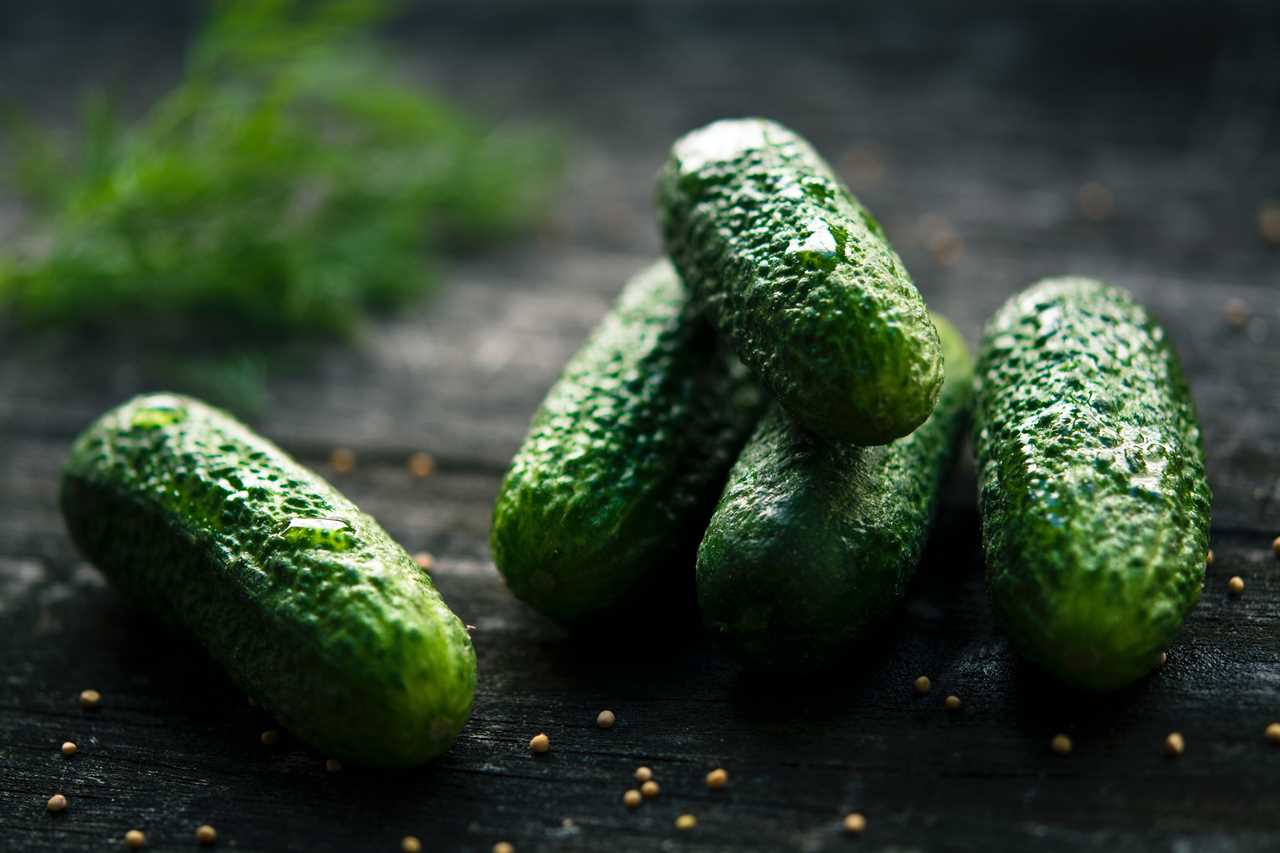
-
Gradually add the cornflour paste to your sauce, stirring constantly. This will ensure that the cornflour is evenly distributed and prevents clumping.
-
Cook the sauce on low heat, stirring continuously, until it thickens. This may take a few minutes, so be patient. The low heat will allow the cornflour to cook and thicken the sauce without burning.
-
Keep in mind that the sauce may continue to thicken as it cools. If you find that your sauce is too thick, you can thin it out by adding a little bit of liquid, such as stock or water.
Unleashing the Power of Seasoning
Get ready to elevate your dishes to a whole new level by unlocking the true potential of seasoning.

Seasoning is not just about adding salt and pepper; it involves a delicate balance of flavors that can transform a dish from ordinary to extraordinary.
The role of herbs in seasoning cannot be underestimated. Fresh herbs like basil, cilantro, and rosemary can add a burst of freshness and complexity to any dish. They bring a vibrant aroma and a pop of color that enhances the overall presentation.
Additionally, the impact of different spices on flavor is immense. Each spice has its unique characteristics that can elevate the taste profile of a dish. From the warmth of cinnamon to the earthiness of cumin, spices can transport your taste buds to different culinary destinations.
Secrets to Pan Management Success
Don’t overcrowd your pan, as it prevents even cooking and causes steaming instead of browning.
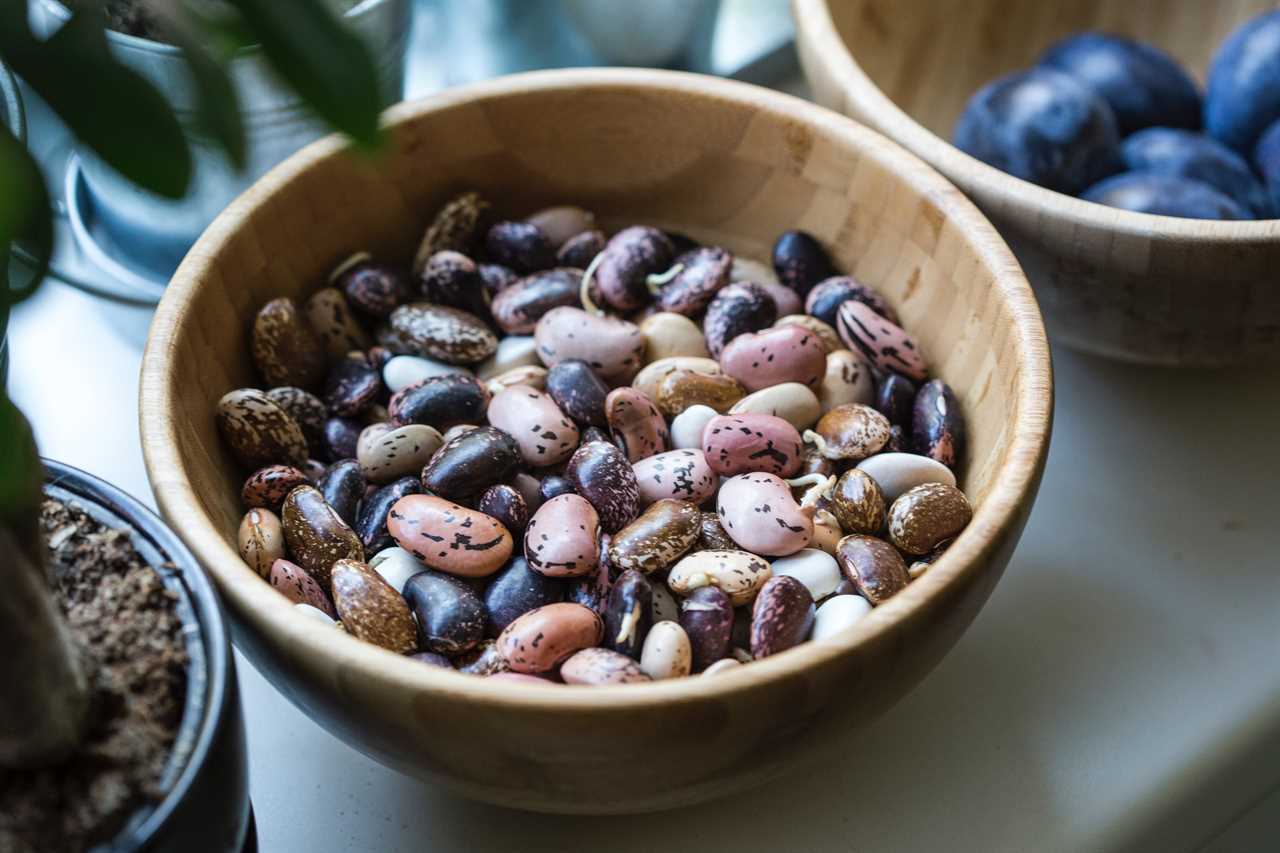
Mastering heat control is essential for achieving perfectly cooked dishes every time. When you overcrowd the pan, the food releases moisture, preventing proper browning and resulting in uneven cooking.
To prevent this, make sure to leave enough space between each ingredient in the pan. This allows the heat to circulate evenly, ensuring that everything cooks at the same rate.
By preventing overcrowding, you can achieve a beautiful golden-brown crust on meats and vegetables, enhancing their flavors and textures.
Enhancing Taste With Toasted Spices
Enhance the flavor of your dishes by toasting spices, which activates and intensifies their taste. Toasting spices is a simple yet effective technique that can take your culinary creations to the next level.
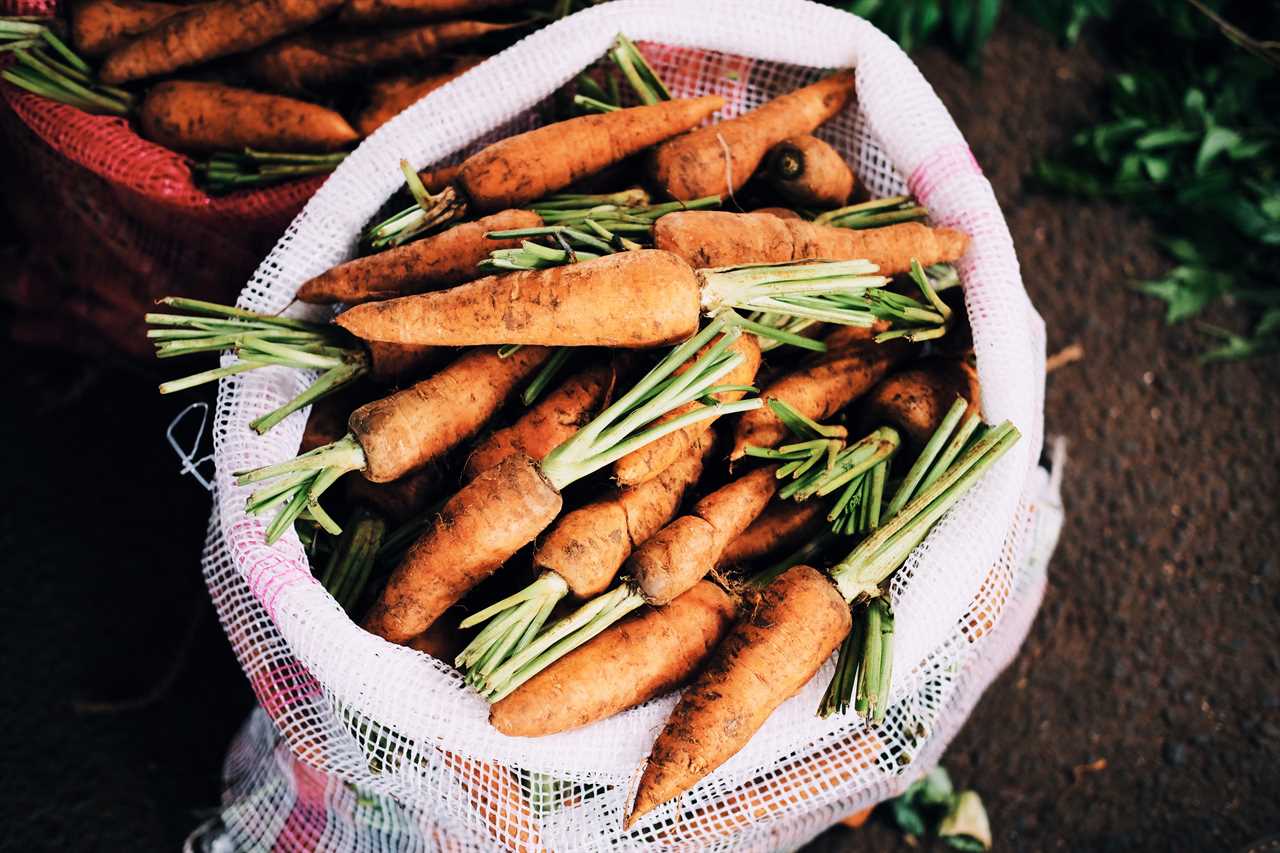
When you toast spices, you maximize their flavor potential, unlocking a whole new world of taste sensations. Experimenting with different spices can add depth and complexity to your dishes, allowing you to tailor the flavor profile to your liking.
Whether you’re toasting curry powder to enhance its robustness or gently toasting cumin seeds to bring out their earthy notes, the process is the same. Simply heat the spices in a dry pan for 2-3 minutes until fragrant, being careful not to burn them.
The result? A more vibrant and intense flavor that will leave your taste buds begging for more. So go ahead, get creative with your spice selection and toast away! Your dishes will thank you.
The Science of Salting Pasta
When it comes to cooking pasta, one ingredient that plays a crucial role in achieving the perfect texture is salt. Many people underestimate the impact of salt on pasta, but it can make a significant difference in both taste and consistency. Here’s why:

-
Salt enhances the flavor of pasta: By salting the pasta water, you are seasoning the noodles from the inside out. This ensures that every bite of pasta is properly seasoned, creating a more delicious dish.
-
Salt affects the cooking time: Adding salt to the pasta water not only flavors the noodles but also affects the cooking process. Salted water has a higher boiling point, which means that the pasta cooks more quickly and evenly.
-
Salt improves the texture: Salt helps to strengthen the gluten in the pasta dough, resulting in a firmer and more al dente texture. It also helps the pasta retain its shape and prevents it from becoming mushy.
-
Finding the right balance: It’s important to add enough salt to enhance the flavor without overpowering the dish. Start with a tablespoon of salt per pound of pasta, and adjust to taste. Remember, you can always add more later, but you can’t take it away once it’s been cooked.
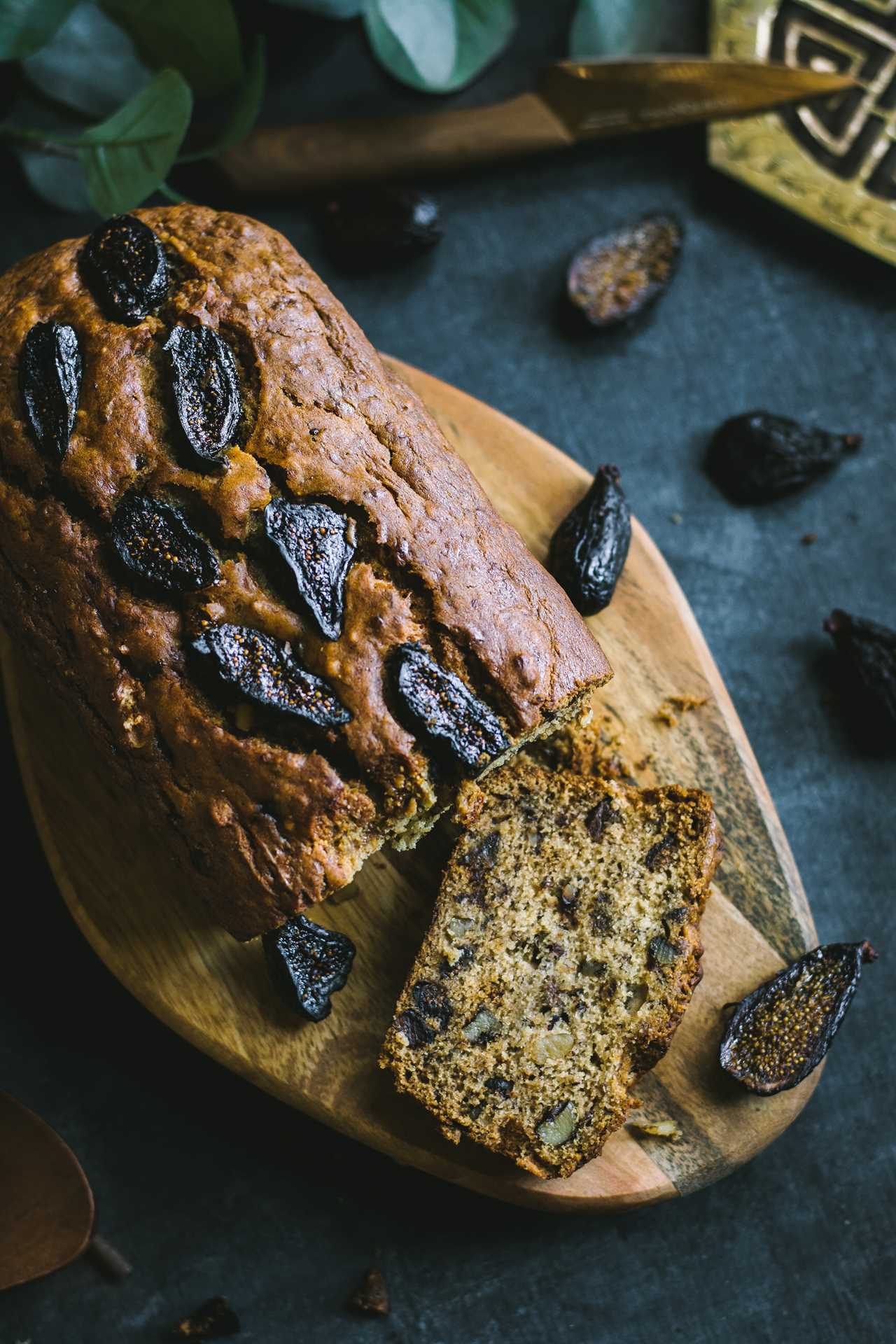
Unlocking the Flavor Potential With Seasoning
If you want to unlock the full flavor potential of your dishes, remember to taste your food while seasoning to get the right amount. Proper seasoning is essential to elevate the taste of any dish. It can transform a bland meal into a flavor explosion that leaves you wanting more.
Don’t be afraid to explore different seasoning combinations to add depth and complexity to your cooking. To help you along your flavor journey, here are a few pro tips:
- Start with the basics: Salt and pepper are the building blocks of seasoning. Use them as a foundation and then experiment with other spices and herbs.
- Balance is key: Use other seasonings sparingly to avoid over-salting. You want to enhance the flavors, not overpower them.
- Taste as you go: Seasoning is a gradual process. Take small bites of your dish and adjust the seasonings accordingly.
Frequently Asked Questions
How Do You Know When the Pan Is Overcrowded?
When the pan is overcrowded, you’ll notice a few signs. The food won’t cook evenly, as overcrowding prevents proper heat distribution. You might also see steam instead of browning, because the excess moisture from the food can’t escape.
To prevent overcrowding, make sure there’s enough space for each ingredient to have contact with the pan. This allows for better browning and ensures that everything cooks at the same rate.

Can You Toast Spices in the Oven Instead of on the Stovetop?
Yes, you can absolutely toast spices in the oven instead of on the stovetop. It’s a great alternative that can yield fantastic results.
Simply spread your spices evenly on a baking sheet and pop them in a preheated oven at around 350°F for about 5-10 minutes. Keep a close eye on them to prevent burning.
The oven method can give your spices a deeper, more complex flavor that can elevate any dish to new heights.
Give it a try and see the difference it makes!

Is It Necessary to Salt the Pasta Water if You Plan to Season the Dish Later?
When it comes to cooking pasta, salting the water is necessary even if you plan to season the dish later. Salted pasta water ensures that each noodle is evenly seasoned, inside and out.
It adds flavor to the pasta itself, creating a flavorful foundation for the entire dish. Seasoning the dish later may enhance the flavors further, but salting the water is a crucial step to achieve a well-seasoned pasta dish.
Don’t skip it!
Are There Any Alternatives to Cornflour for Thickening Sauces?
When it comes to thickening sauces, there are alternatives to cornflour that can work just as well.
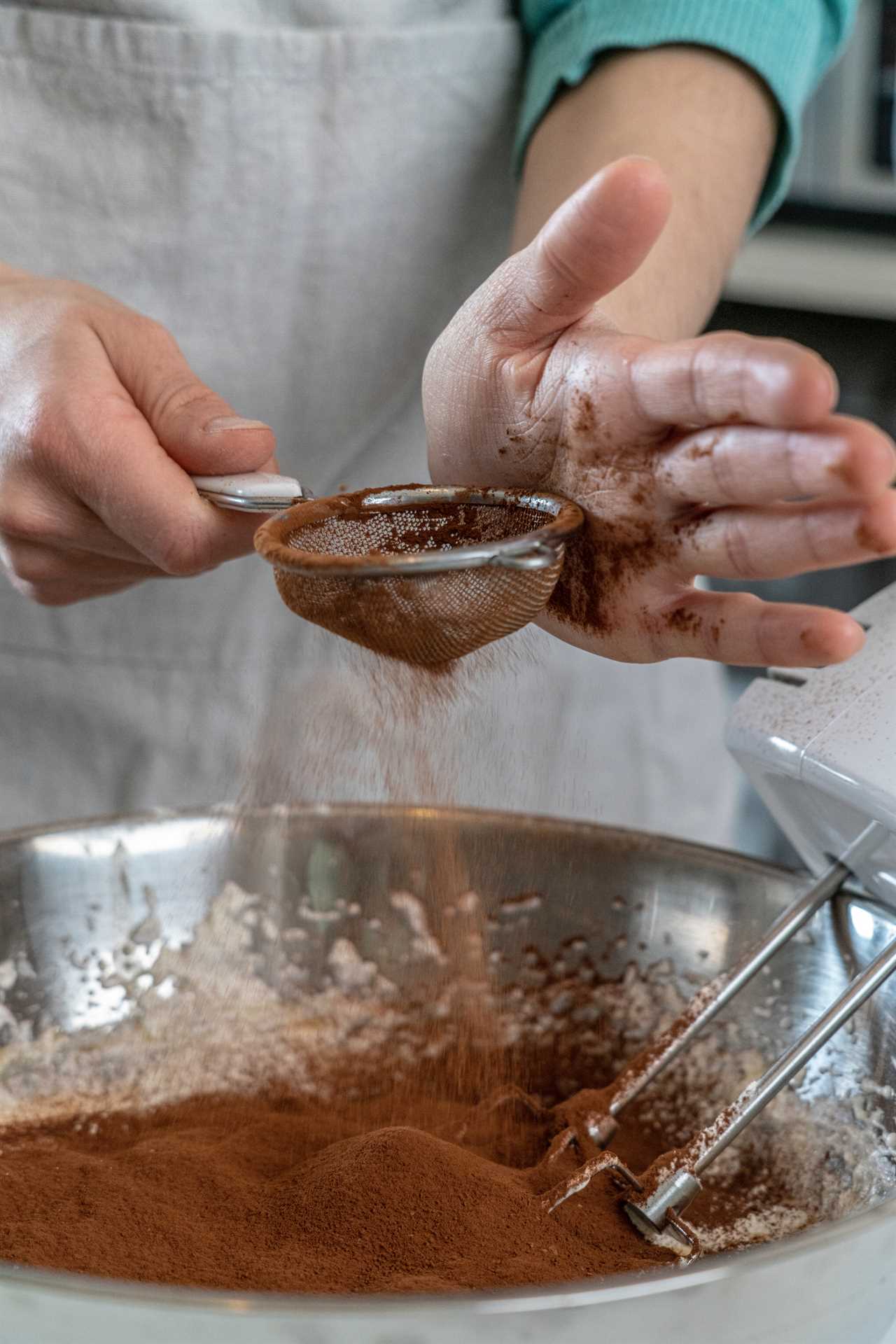
Two popular options are arrowroot powder and tapioca starch.
Arrowroot powder is a gluten-free option that creates a glossy and clear sauce, while tapioca starch adds a slightly chewy texture.
Both alternatives have similar thickening properties to cornflour and can be used in a 1:1 ratio.
Experiment with these alternatives to find the perfect thickening agent for your sauces.

What Are Some Common Seasoning Mistakes to Avoid?
Common seasoning mistakes can ruin a dish, but with proper seasoning, you can elevate the flavor to new heights.
One mistake is over-salting, so use other seasonings sparingly.
Another is not tasting the food while seasoning, which leads to an imbalance.
Remember, salt and pepper are essential, but don’t be afraid to experiment with other spices.
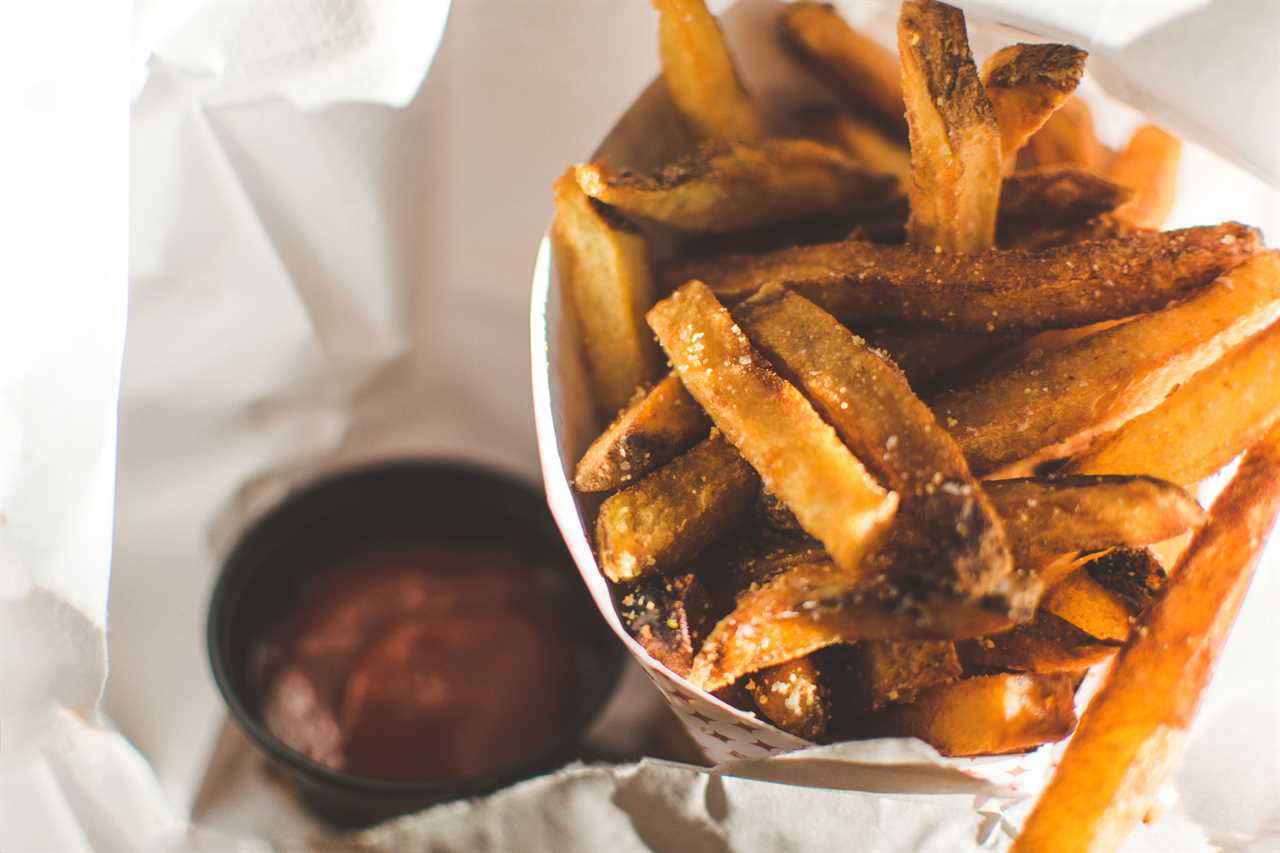
Seasoning is an art that can transform a dish, so take the time to get it right.







